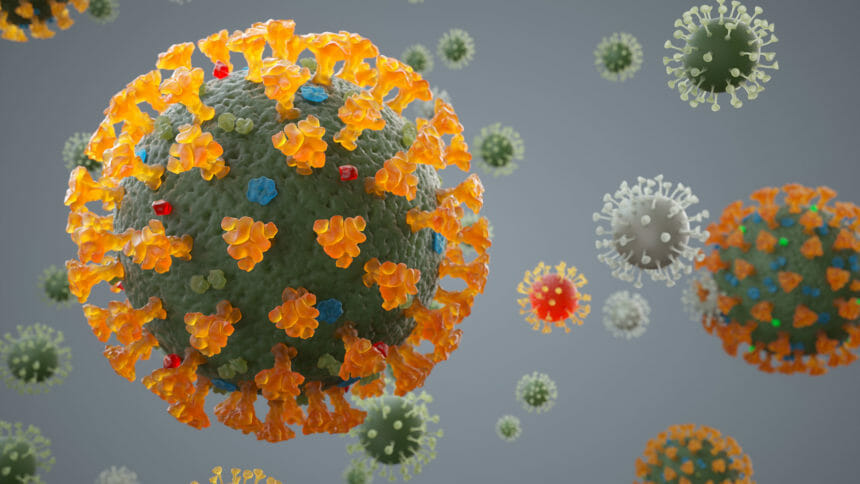Federal agencies have made “limited progress” in achieving transparency and accountability goals related to government spending related to COVID-19 the U.S. Government Accountability Office said in its first audit report on the federal response to the pandemic, released Thursday.
In identifying challenges related to the federal response to the crisis, the GAO said federal agencies need to better coordinate a national response and maintain communication with key players, including healthcare providers.
Four relief laws, including the Coronavirus Aid, Relief, and Economic Security (CARES) Act, were enacted to provide $2.6 trillion in funding to address the public health and economic threats posed by the pandemic, the report notes.
“Given the sweeping and unfolding public health and economic crisis, agencies from across the federal government were called on for immediate assistance, requiring an unprecedented level of dedication and agility among the federal workforce, including those serving on the front lines to quickly establish services for those infected with the virus,” the report states, adding that agencies moved swiftly to distribute funds and implement new programs. “As tradeoffs were made, however, agencies have made only limited progress so far in achieving transparency and accountability goals.”
The United States had seen more than 2 million reported cases of COVID-19 and more 100,000 reported deaths as of the timing of the congressional watchdog report, “COVID-19: Opportunities to Improve Federal Response and Recovery Efforts.” Parts of the nation, which experienced a “significant and rapid downturn” in the economy, also have dealt with “severely strained healthcare systems,” the agency said.
The GAO identified several challenges related to the federal response to the crisis, as well as key lessons learned from the initial response:
- Establishing clear goals and defining roles and responsibilities for the wide range of federal agencies and other key players are critically important actions when preparing for pandemics and addressing an unforeseen emergency with a whole-of-government response.
- Providing clear, consistent communication in the midst of a national emergency — among all levels of government, with healthcare providers, and to the public — is key.
- Collecting and analyzing adequate and reliable data can inform decision-making and future preparedness — and allow for midcourse changes in response to early findings.
- Establishing transparency and accountability mechanisms early on provides greater safeguards and reasonable assurance that federal funds reach the intended people, are used for the intended purpose, help ensure program integrity and address fraud risks.
The GAO made additional recommendations for agencies – including information sharing and limiting risk around the Small Business Administration’s Paycheck Protection Program – and offered matters for consideration for Congress.
The CARES Act requires the GAO to issue bi-monthly reports through the first year of the law, in addition to several other related studies.


